The United States has accused South Africa of “weaponising” its G20 presidency during this year’s summit in Johannesburg — even as President Donald Trump prepares to host next year’s summit at his Trump National Doral golf resort in Florida, a decision that has revived deep concerns over conflicts of interest and the monetisation of public office.
According to a New York Times report, in September, Trump confirmed that the 2026 summit would take place at his Miami-area resort, repeating the claim that “everybody wants it there” and defending the choice as “the best location.”
“Everybody wants it there,” NYT quoted Trump as telling reporters, without elaborating who had called for such a thing.
“It’s right next to the airport. It’s the best location. It’s beautiful,” he added.
The announcement immediately drew scrutiny. While the president is exempt from federal conflict-of-interest laws, ethics experts warn that hosting one of the world’s most important diplomatic forums at a property he owns and profits from could further erode long-standing norms separating public duty from private gain.
The move also highlights a striking contradiction in Washington’s current stance.
The US has fiercely criticised South Africa’s handling of the Johannesburg summit, accusing it of “refusing to facilitate a smooth transition” of the G20 presidency and claiming Pretoria had “weaponised” the institution for political purposes.
Quick Reads
View All“South Africa’s push to issue a G20 leaders’ declaration, despite consistent and robust US objections, underscores the fact that they have weaponised their G20 presidency to undermine the G20’s founding principles,” said Anna Kelly, the White House spokesperson.
Yet Trump’s decision to hold the next summit at his own resort raises the very ethical concerns that American officials have accused South Africa of violating.
As Washington reprimands Pretoria for undermining G20 principles, its own president is preparing to host — and potentially benefit financially from — the event on his personal property.
Ramaphosa rejects US proposal as tensions flare
South African President Cyril Ramaphosa closed the G20 summit in Johannesburg by banging a gavel, but only after rejecting a US proposal for him to hand it to a junior American diplomat rather than a head of state.
US boycotted the summit, citing repeatedly discredited claims that South Africa discriminates against white-minority Afrikaners.
Ramaphosa, who framed the summit as a triumph for global cooperation despite the diplomatic rift, made only a brief reference to the absent US delegation.
He emphasised the need for collective action on global challenges, including climate change and gender equality — themes that stand at odds with Trump’s withdrawal from the Paris climate agreement and his administration’s reversal of protections against discrimination.
White House spokesperson Anna Kelly accused South Africa of acting against the “founding principles” of the G20, a charge South African officials rejected.
Foreign Minister Ronald Lamola countered that Pretoria had adhered strictly to protocol and that the US had been offered an equivalent diplomatic handover.
Ethical questions shadow 2026 summit
Trump’s decision to host the next summit at Trump National Doral underscores a broader pattern of using his political office to promote and profit from his brand.
Since returning to the White House, Trump and his business partners have launched a suite of ventures — from cryptocurrency fees worth hundreds of millions to new luxury clubs and international real-estate deals. His family has also received high-value foreign gifts, including a Qatari jet valued at $200 million, raising further ethical questions, reported NYT.
Trump maintains that Doral will charge only “at cost” and insists he will make “no money” from the summit, mirroring assurances he gave in 2019 before dropping a similar plan to host the G7 at the same resort amid bipartisan criticism.
That backlash has largely evaporated in today’s reshaped Republican Party, where open dissent against the president has become rare.
With inputs from agencies


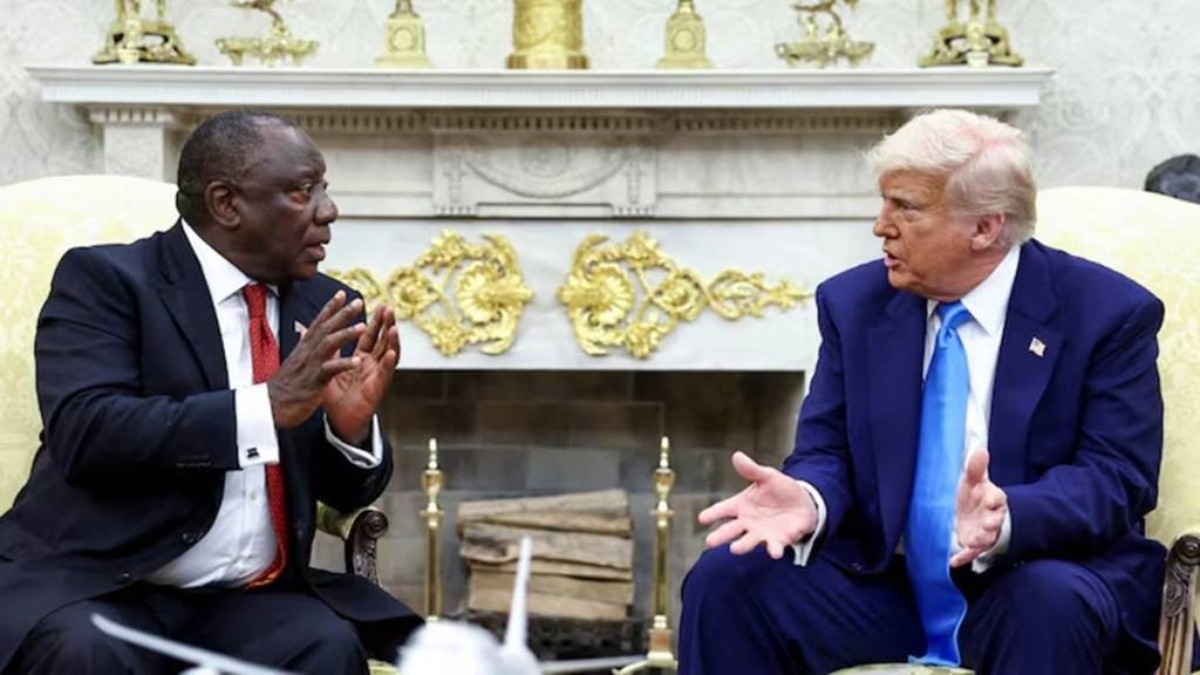)
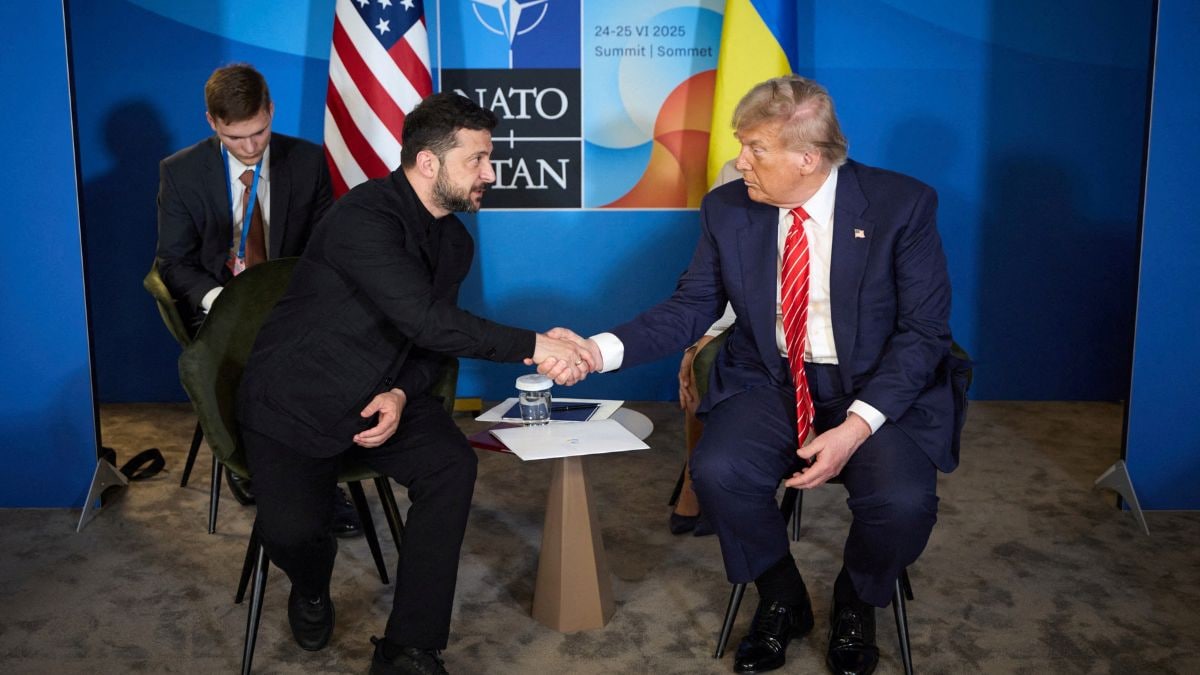
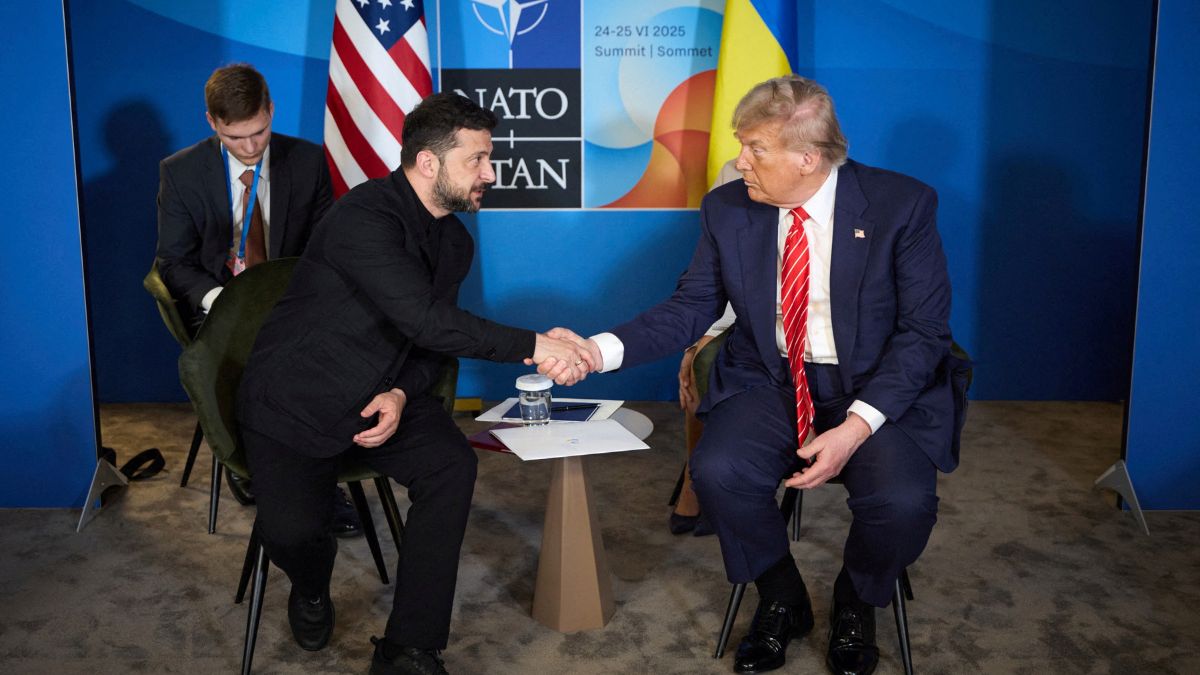)
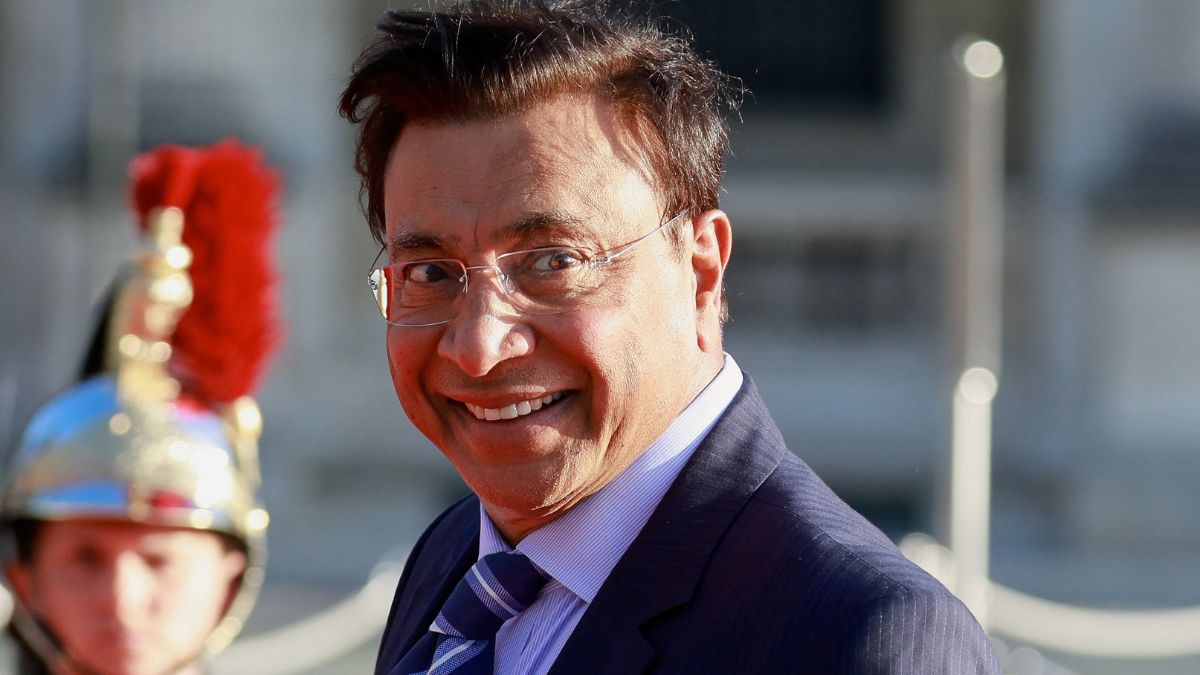)
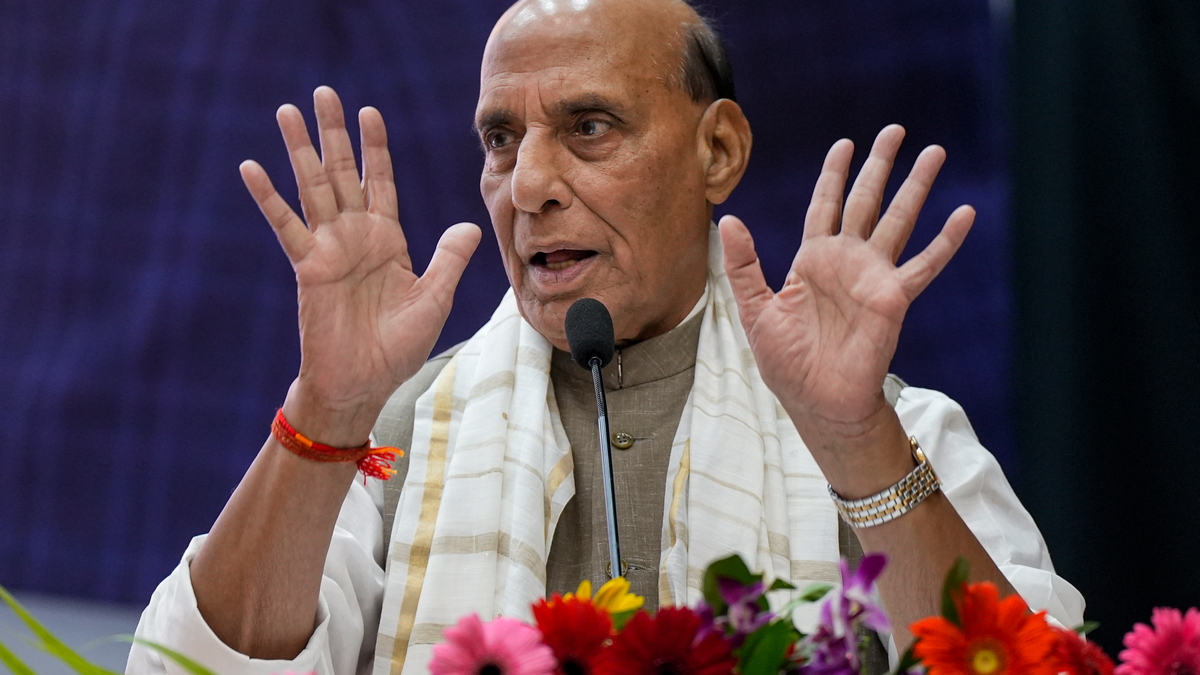)
)
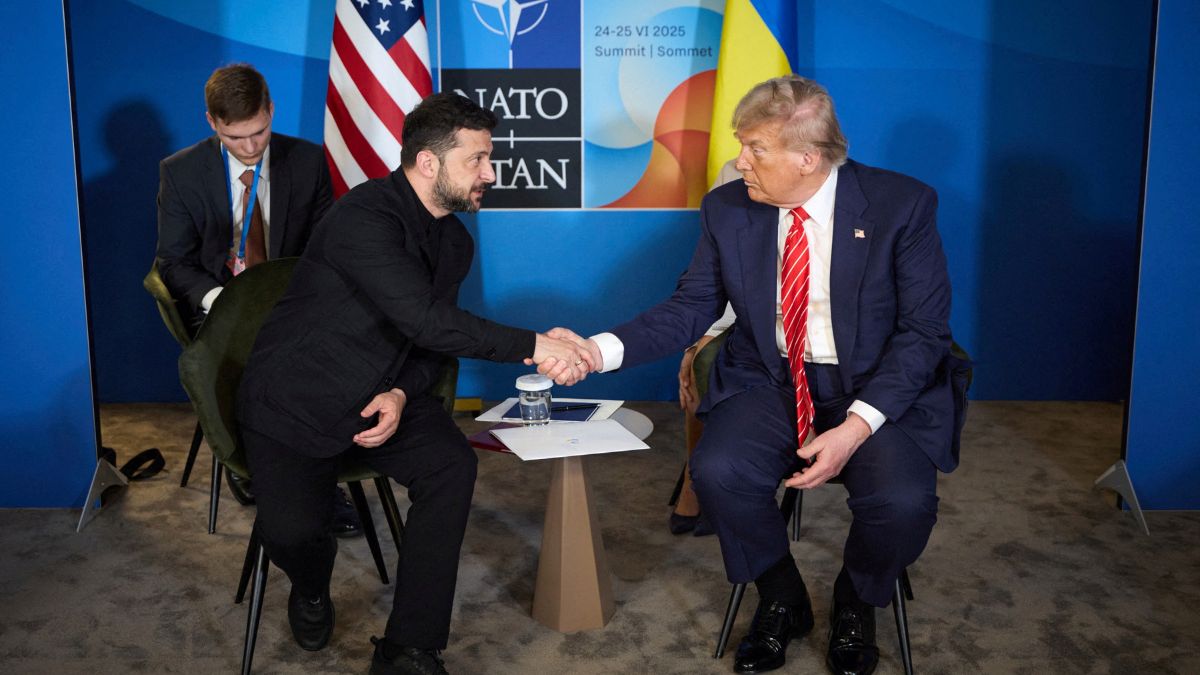)
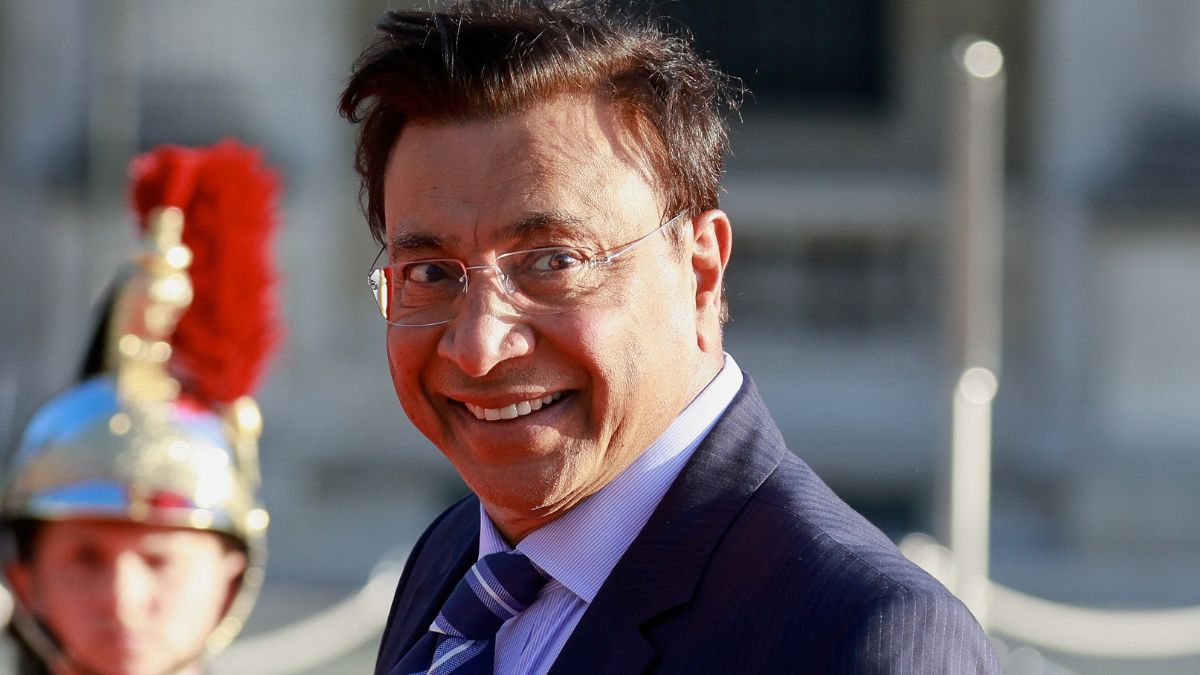)
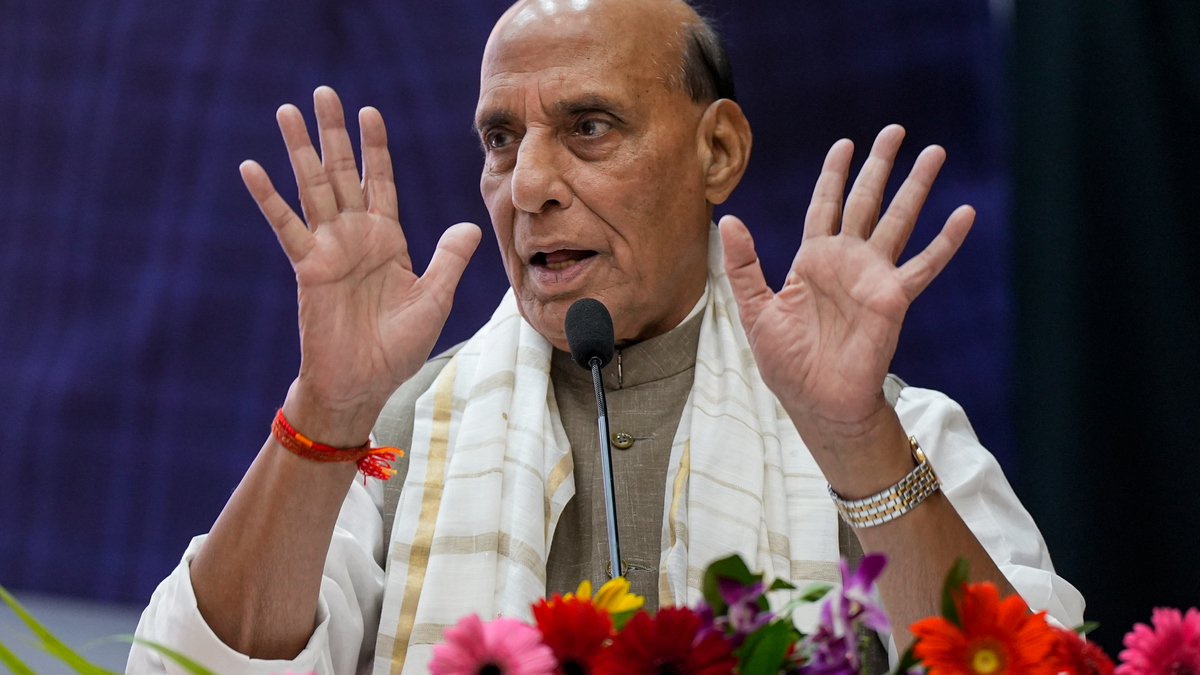)
)



